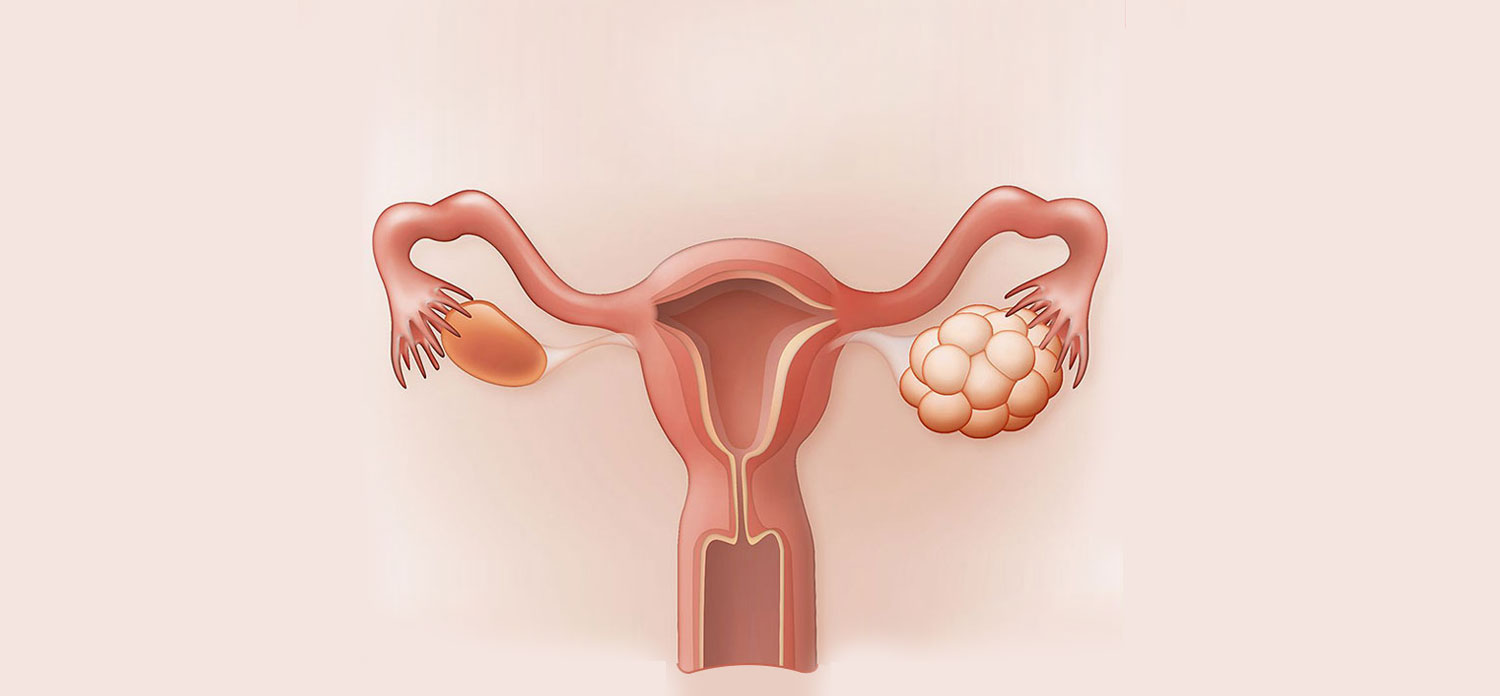One of the most common health conditions that are seen in women in their reproductive age is PCOS today. This is a lifestyle disorder as well and the symptoms are often ignored by many women. There are specific steps to be followed when you are in search of PCOS treatment, but first, let's try and understand the symptoms so that you can get properly diagnosed:
PCOS Symptoms:
Some of the symptoms include:
1. Ovarian Cysts
2. Irregular menstrual cycle
3. Acne
4. Hair thinning
5. Weight gain
The main cause of the diseases is complicated but certainly hormone regulation and insulin resistance play a huge factor. One can manage the disease by making lifestyle changes, but understand that no one treatment can fit everyone and you need to observe what changes work for you.
PCOS Diagnosis:
Once you feel that you have some of the above symptoms, get a check-up done. Your doctor will ask you about the medical history including weight and menstrual cycle changes. The physical signs might include signs of insulin resistance, acne, and hirsutism. The doctor can also recommend you:
1. Pelvic Exam:
The doctor can manually and visually inspect reproductive organs for growths, masses, or any abnormalities.
2. Blood Test:
Hormone levels need to be measured and analyzed. The tests exclude some possible causes like excess androgen and menstrual abnormalities that can mimic PCOS. One can also get glucose tolerance, triglyceride, and cholesterol levels checked.
3. Ultrasound:
The doctor takes a look at the ovaries, uterus lining thickness. The image is seen on the computer screen.
Treatment options:
The main focus on managing PCOS depends on your concerns. Then specific treatment for obesity, acne, infertility, or hirsutism can be followed. The treatments can include medication or lifestyle changes.
1. Lifestyle Changes:
Understand that this is key to PCOS treatment. Your doctor might ask you to cut down on extra calories and ask you to exercise. Just about 5 percent of weight reduction will increase medication effectiveness and can help with issues like infertility and obesity-related with PCOS. Make sure you stay away from unhealthy eating habits and have foods that are wholesome and nutritious.
2. Medication:
For menstrual cycle regulations, the doctor can recommend you:
3. Birth Control Pills:
If you are not looking to get pregnant, the doctor can advise you pills that help in regulating estrogen and reduces androgen production in the body. This will also lower your risk for endometrial cancer or abnormal bleeding. This can also help with acne and excess facial hair growth.
4. Metformin:
This is an oral medicine mainly used for people with Type-2 diseases. This will improve your insulin resistance and lower insulin spikes. In case you already suffer from pre-diabetes, this will slow down the progression and can assist with weight loss.
Conclusion
Suffering from PCOS can be difficult. But making healthy lifestyle changes helps immensely. The earlier you get a diagnosis done, the better you will be able to manage the disease.


